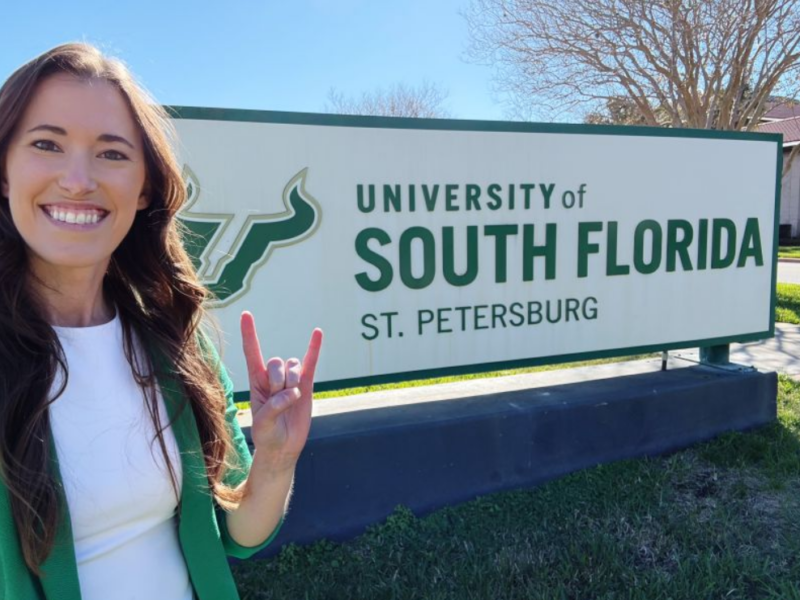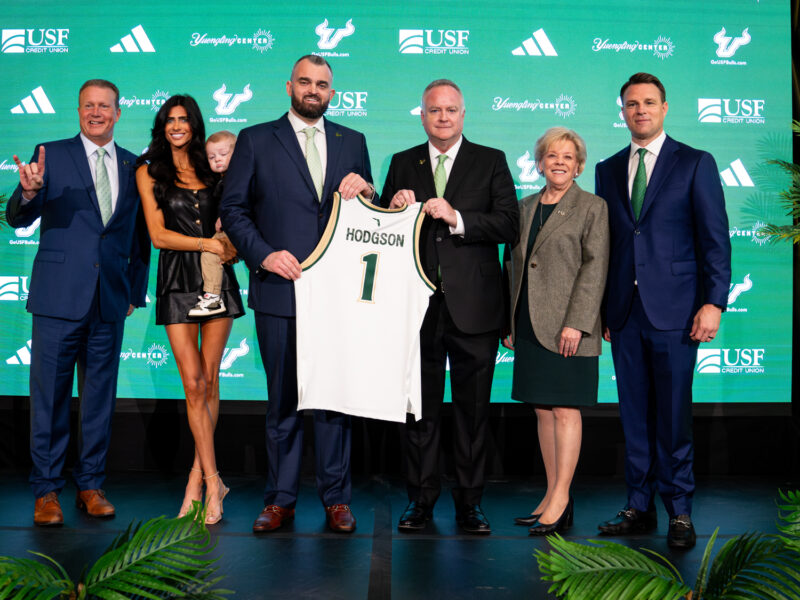Redskins. To some, this is a derogatory term. To others, it doesn’t come close.
The recent controversy surrounding the Washington NFL team has America in disagreement: Should the team drop the name?
The dispute dives down to the word’s origin. In a study, linguist Ives Goddard of the Smithsonian Institute, found that “the actual origin of the word is entirely benign and reflects more positive aspects of relations between Indians and whites.” It concluded that ‘Redskin’ did not arise in any European or English language, but from Native American dialect. It described the red body paint tribes commonly used and the color red as a physical attribute to help distinguish themselves from others.
Despite the terms seemingly harmless start, sociologist Irving Lewis Allen argues that when an ethnic group has identifiers based upon physical characteristics, they are derogatory in their very nature.
Even after team’s trademarks were revoked, Dan Snyder, the team’s owner, vows to never change the name. In the team’s defense, fans emphasize the pride they share each Sunday while wearing their jerseys. They assert the intent of the name is not to insult, but to honor.
Red Mesa High School has been brought up in defense of the NFL name. The public high school is located on the Navajo Reservation in Arizona. The students there are 98 percent Navajo Indian, and their nickname is, coincidently, “The Redskins.” The superintendent at Red Mesa, Tommy Yazzie, said it has never been a problem at the school or in the community.
A North Dakota Sioux, Eunice Davidson, doesn’t mind the term either. Davidson said that if given the chance, she would tell Washington owner, Dan Snyder, that she would stand with him in fear of losing her history.
The team has been called the Washington Redskins since 1933. Supporters of the name challenge its newly-found offensive status, by asserting that it should not have taken people 81 years to get upset. Advocates say changing it after all this time is overextensive and ridiculous.
Carly Chaput, a junior at USF St. Petersburg, explains how this rationale falls short, to her.
“I understand the hassle of changing a team name and all of the marketing that goes along with that, but it doesn’t change the fact that by keeping the name, a major entertainment industry is essentially promoting the discrimination and genocide of a culture,” Chaput said.
Recent polls have attempted to find out the Native American opinion on the matter.
Results favor the team keeping the name, but as the dispute grows, opposition grows as well. Supporters claim the media hype is to blame for the rising disapproval, stating that people should not have to be convinced that something is insulting.
“People seem to be downplaying the significance of the team being named after the skin color of a particular ethnic/racial group,” said junior Sean Leroux. “If the team were named the Whiteskins or Blackskins and had mascots based on those respective skin tones, things would not go over well. The American Indian population is just poorly represented and poorly accommodated.”
According to NBCSports.com, the FCC is currently considering a petition which deem the term “Redskins” as indecent. If ruled indecent, the FCC would force Washington to change their name.


